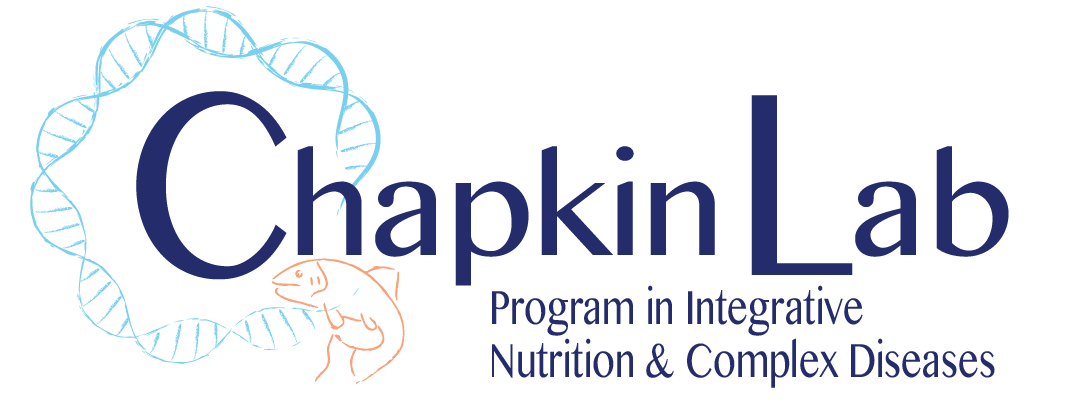Jenni Laidman
May 1, 2012 — Researchers at Texas A&M University caught some of the conversation between gut microbes and infant genes that appear to help the breast-fed infant make a safe transition from life in the womb to life outside, a study published April 29 in the open-access journal Genome Biology reports.
The study, which confirms earlier findings that show breast-feeding gooses the developing immune system, elucidated the chatter between genes in the developing infant and the gut bacteria by analyzing the relationship between bacterial communities found in the guts of 6 breast-fed 3-month-olds and 6 formula-fed 3-month-olds. The researchers compared the gut microbiome information to gene expression levels in the infant gut and identified genes involved in immunity and defense with altered expression levels in relation to the gut bacteria in breast-fed infants.
Scott Schwartz, PhD, an assistant research scientist in the Bioinformatics at Texas A&M University, College Station, and colleagues analyzed fecal samples to determine what kinds of bacteria live in the infant gut and what the shed infant epithelial cells were doing about it. They found breast-fed babies had more diverse gut biota, but their immune systems were primed for it.
“While we found that the microbiome of breastfed infants is significantly enriched in genes associated with ‘virulence,’ including resistance to antibiotics and toxic compounds. We also found a correlation between bacterial pathogenicity and the expression of host genes associated with immune and defense mechanisms,” corresponding author Robert Chapkin, PhD, professor, Program in Integrative Nutrition and Complex Disease, Texas A&M University, said in a news release.
“Our findings suggest that human milk promotes the beneficial crosstalk between the immune system and microbe population in the gut, and maintains intestinal stability,” he said in the release.
The researchers found that gut bacteria of 5 of the 6 formula-fed infants were homogenous in phylum-level distributions, with roughly equal proportions of Firmicutes and Actinobacteria — about 40% each. Proteobacteria dominated the remaining population. The researchers called the sixth formula-fed infant “a clear outlier,” dominated by Actinobacteria.
In contrast, the microbiomes of the breast-fed infants were heterogeneous. Actinobacteria dominated gut populations in 3 infants. Proteobacteria dominated in another, Bacteroidetes another, and 1 infant’s gut microbiome was balanced across phyla.
The researchers further isolated infant messenger RNA from feces and looked at expression levels in relation to the gut ecosystem and found strong relationships between virulence characteristics for gut bacteria and immunity and defense genes.
“Collectively, these data are consistent with previous findings that breast-feeding facilitates the adaptive, functional changes required for optimal transition from intrauterine to extrauterine life,” the authors write.
The authors write that this work provides a “rigorous analytical framework” to look at host-microbe responses in diet-environment interactions during early infancy.
The study was funded by the National Institutes of Health, the Hatch Project Division of Nutritional Sciences Vision, and the United States Department of Agriculture – National Institute of Food and Agriculture (USDA–NIFA) Grant Designing Foods for Health. One author is supported by the College of Arts and Science at Miami University. The authors have disclosed no relevant financial relationships.
Genome Biol. Published online April 30, 2012. Abstract
